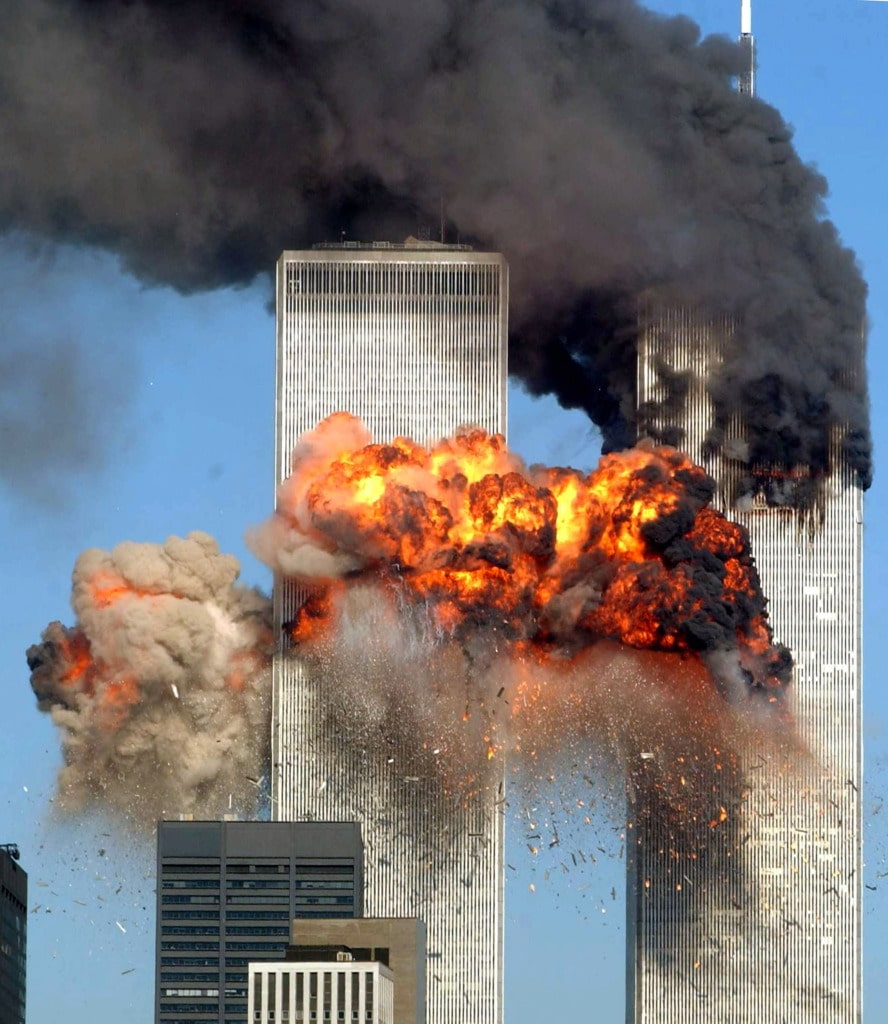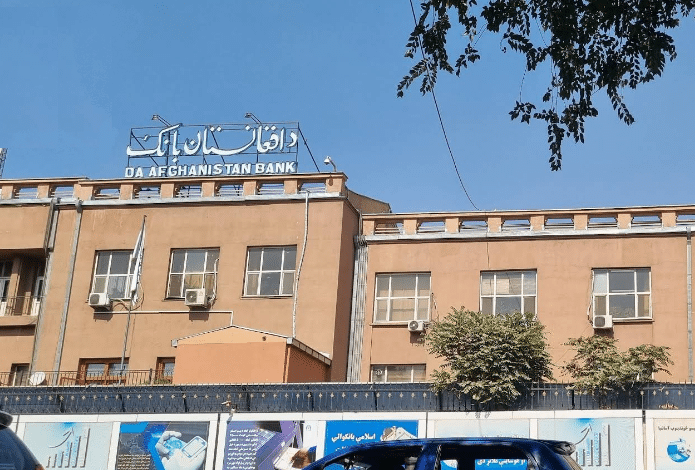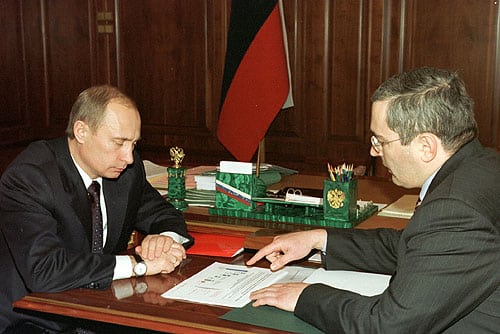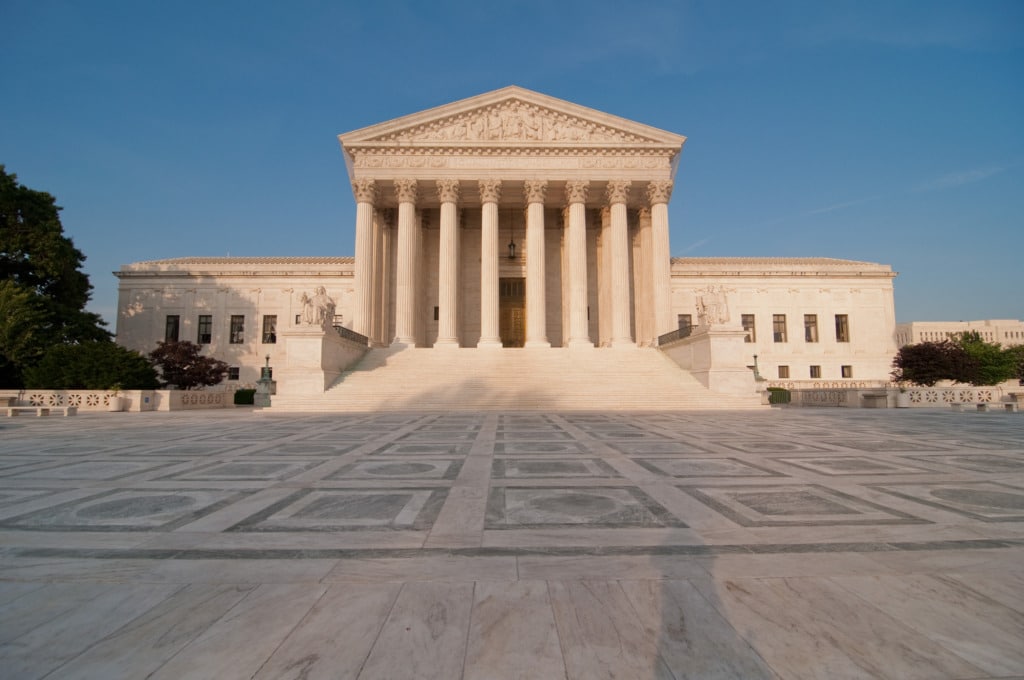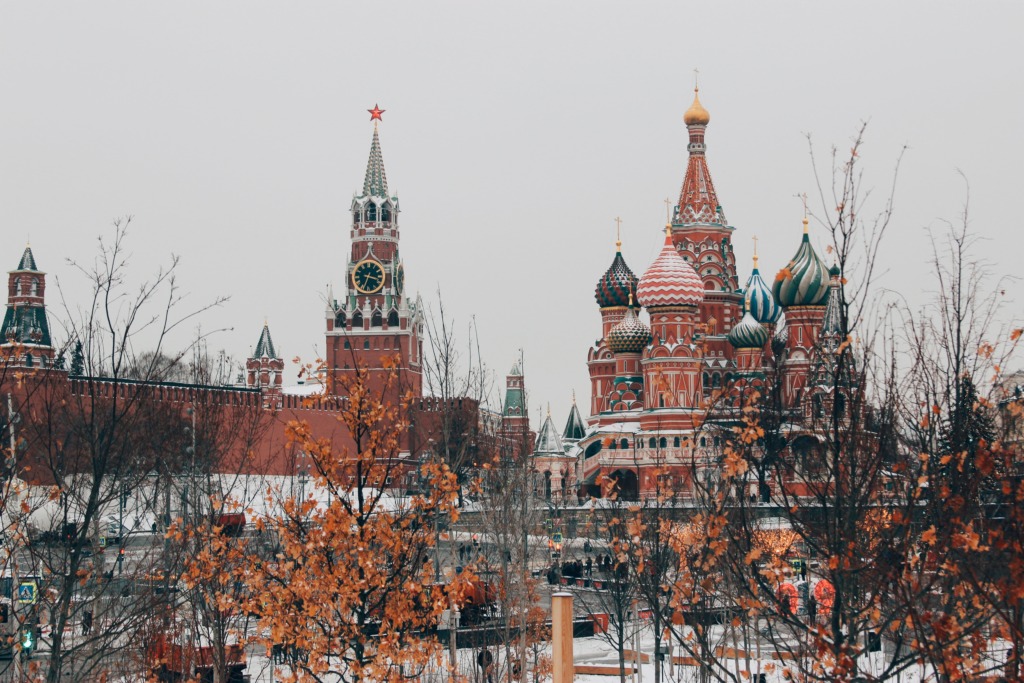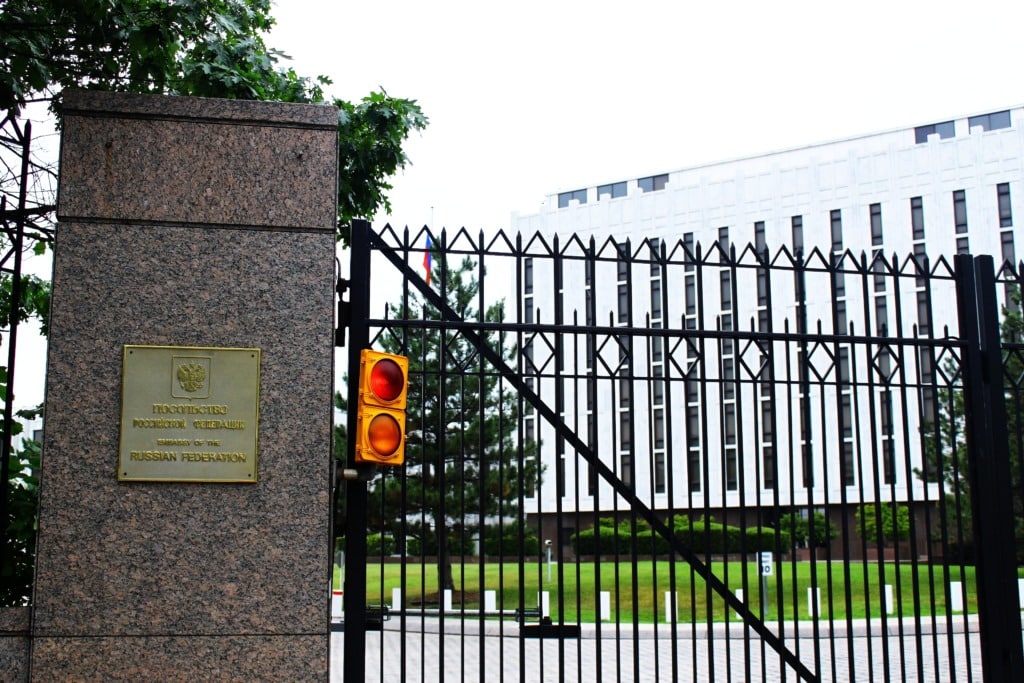The New State Capitalism and Foreign Sovereign Immunity
As governments play an increasingly aggressive and direct role in capitalist economic systems (the “new state capitalism”), the line between sovereign and commercial conduct may become more difficult to draw for the purposes of foreign sovereign immunity. For example, Switzerland acted in some ways like a private investment bank when it negotiated a 2023 deal…
Continue ReadingD.C. Circuit Allows Venezuela Expropriation Case to Proceed
On October 3, 2025, the D.C. Circuit issued its latest opinion in Helmerich & Payne International Drilling Co. v. Venezuela. Judge Gregory G. Katsas affirmed the district court’s rulings that the Foreign Sovereign Immunities Act’s (FSIA) expropriation exception allows the plaintiff’s claim, that the district court has personal jurisdiction, and that the act of state…
Continue ReadingDistrict Court Denies Saudi Arabia’s Motion to Dismiss 9/11 Claims
On August 28, 2025, Judge George B. Daniels (Southern District of New York) denied the Kingdom of Saudi Arabia’s (KSA) motion to dismiss claims arising from the 9/11 terrorist attacks. In In re Terrorist Attacks on September 11, 2001, Judge Daniels concluded that the plaintiffs had presented sufficient evidence to establish an exception to KSA’s…
Continue ReadingHavlish v. Taliban—Second Circuit Affirms that Afghanistan Central Bank Assets are Immune from Attachment
The Second Circuit has finally decided whether frozen Afghan central bank assets can be attached or turned over to satisfy judgments against the Taliban for acts of terrorism against U.S. citizens. The court answered “no” in Havlish v. Taliban over one partial dissent. The case presents complex and important issues, and although both the majority…
Continue ReadingD.C. Circuit Holds that District Court Must Decide Jurisdictional Facts under FSIA for Itself
In a recent decision, Hulley Enterprises Ltd. v. Russian Federation, the D.C. Circuit held that a district court must decide for itself any “jurisdictional facts” necessary to establish subject matter jurisdiction in suits against foreign states under the Foreign Sovereign Immunities Act (FSIA). The plaintiffs sought to enforce an arbitral award against Russia. The FSIA’s…
Continue ReadingEnforcement Deadlines for Foreign Arbitral Awards and Judgments
In a recent decision, Amaplat Mauritius Ltd. v. Zimbabwe Mining Development Corp. (2025), the D.C. Circuit held that the Foreign Sovereign Immunities Act’s exceptions for implied waivers and arbitral award enforcement do not apply to proceedings to enforce foreign judgments, even when the judgment is based on an underlying arbitral award. The decision creates a…
Continue ReadingFuld’s Implications for the FSIA (and Other Federal Statutes)
In Fuld v. PLO, the U.S. Supreme Court held that “the Fifth Amendment does not impose the same jurisdictional limitations as the Fourteenth.” This means that Congress may authorize federal courts to exercise personal jurisdiction over defendants that state courts may not constitutionally reach. In Fuld, the Court upheld the constitutionality of the Promoting Security…
Continue ReadingDistrict Court Orders Argentina to Transfer Shares to Satisfy Judgments
On June 30, 2025, Judge Loretta A. Preska (Southern District of New York) issued orders in two cases, directing Argentina to transfer shares in YPF S.A., a state-owned energy company, to a New York bank to satisfy two judgments. Bainbridge Fund Ltd. v. Republic of Argentina arose from Argentina’s default on certain bonds in 2001,…
Continue ReadingCVSG in Chabad v. Russian Federation: Another Question of Foreign State Immunity
On June 2, 2025, the Supreme Court called for the views of the Solicitor General (“CVSG”) in Chabad v. Russian Federation. In Chabad’s petition for certiorari, the question presented is whether the Foreign Sovereign Immunities Act (FSIA)’s expropriation exception applies to a foreign state if the expropriated property—or property exchanged for it— is located outside…
Continue ReadingServing Process on Russia Through “Diplomatic Channels” Under the FSIA
A party suing a foreign state in federal or state court must comply with the Foreign Sovereign Immunities Act (FSIA). The FSIA governs not only when a foreign state is immune from suit and from execution, but also how a foreign state must be served with process. Section 1608(a) provides four possible methods of service…
Continue Reading

